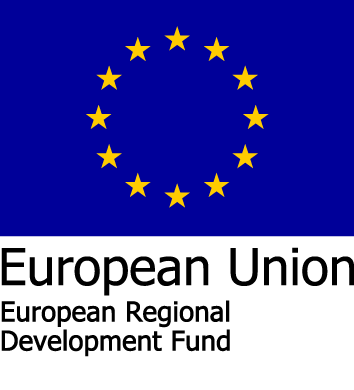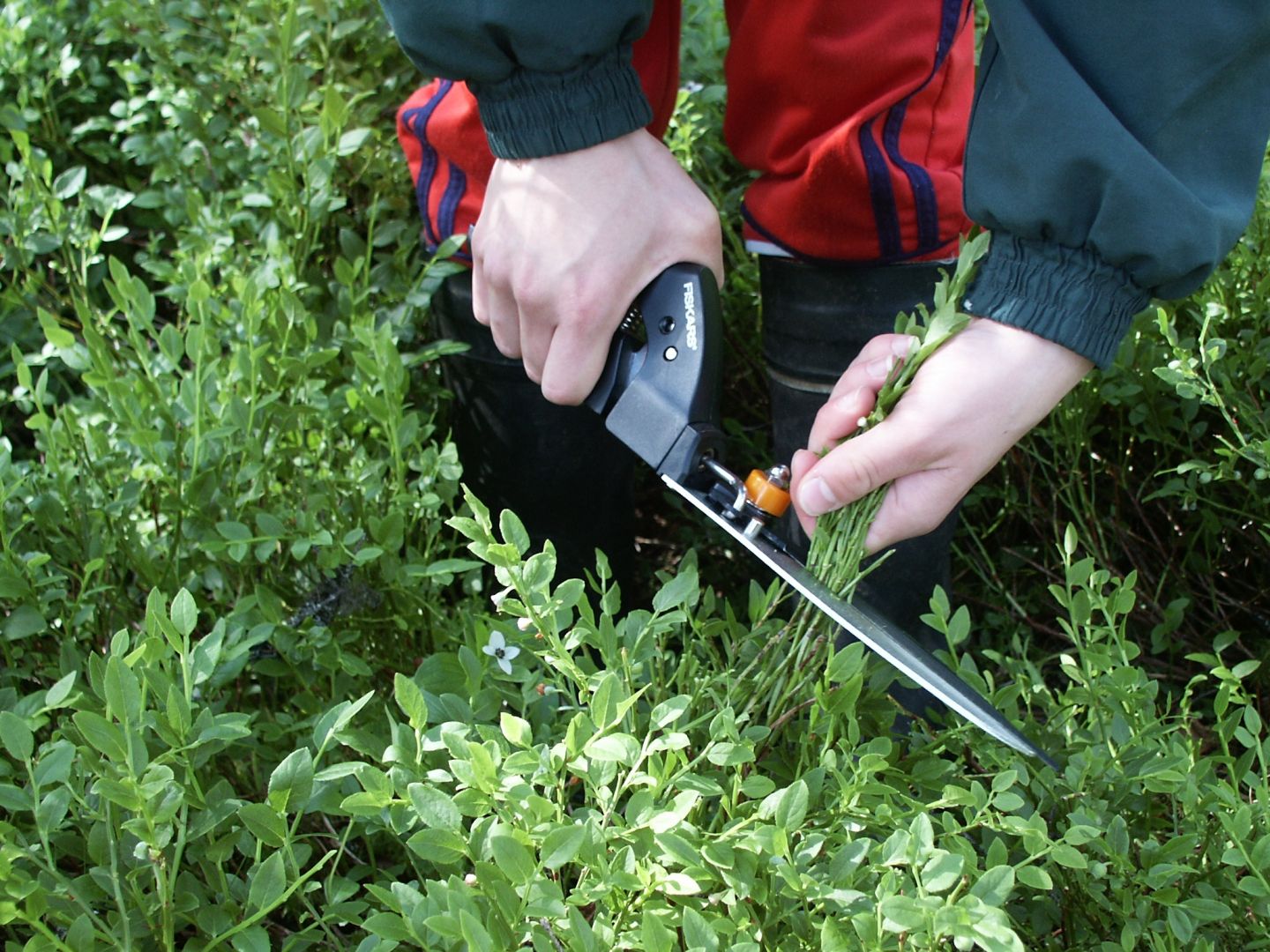Lapland is a treasure trove of clean and aromatic natural products, the full potential of which is yet to be utilised. The natural products industry is currently on a growth trajectory in Lapland. The strong Lapland brand supports the development of the industry. In turn, natural products bring content and new business opportunities for the tourism, forestry and agriculture sectors alike.
Facts
- There are around 45 natural product businesses
- Almost all are micro-enterprises
- The businesses’ combined turnover is approx. €30M
- Half of the businesses operate in the food industry
- Around one-fourth of the businesses have invested in facilities, machines and equipment or product development in recent years
- Around a quarter have exports sales, while others are just beginning to
The utilisation of natural products has a long history in Lapland, but their commercial utilisation is still in its infancy. However, the natural products industry is on a strong growth trajectory. There is still a lack of driving businesses in the industry, but the number of growth-oriented micro-enterprises has significantly increased over the last five years. The natural products industry has grown from small-time dabbling into a professional business sector with significant international potential.
Lapland’s good brand recognition and reputation around the world help natural product businesses internationalise. The tourism industry provides natural product businesses with an excellent export test lab: there is no need to export products outside Finland, as international tourists purchase them on their trips to Lapland.
Financers, such as Finnvera, the Centre for Economic Development, Transport and the Environment and the European Agricultural Fund for Rural Development, have a positive attitude towards developing and financing the industry. Another indicator of the industry’s potential is the fact that capital investors are interested in Lapland-based businesses operating in it.
World-class raw materials
Lapland is the cleanest region in Europe and a unique growth environment for natural products. The midnight sun and the Arctic growth conditions have been proven to make plants aromatic and nutrient-rich. Consequently, natural products from Lapland have perfect conditions for achieving global recognition.
Cleanliness, naturalness, well-being and responsibility are global megatrends. People are increasingly interested in their well-being and products made from clean natural raw materials, as well as their origin and the stories behind the products.
Natural products – such as berries, mushrooms, herbs, sap, resin and chaga, as well as special plants such as roseroot and garden angelica – are no longer marginal products, as they are already available at regular grocery stores. Natural products can be utilised especially as foodstuffs, home remedies, cosmetics or as part of well-being services.
Researched information, education and projects
Natural products are heavily associated with so-called traditional knowledge, which has been complemented with plenty of researched information over the past few years. Institutions such as Natural Resources Institute Finland (Luke) are researching the quality of Arctic raw materials.
Vocational College Lappia, Lapland Education Centre REDU, Lapland University of Applied Sciences and Sámi Education Institute (SAKK) provide education in the natural products industry in several localities across Lapland.
Several projects have been carried out or are currently running in the industry. They have involved developing aspects such as advisory services for the industry, research and corporate co-operation, networks and education, as well as producing targeted information about the natural products of Lapland for different operators in the industry.
Efficiency from productisation and technology
As the demand for natural products has been increasing, operators outside the region have become interested in Lapland’s raw materials. In order to prevent Lapland from being reduced to a mere raw material reserve, the fruits of Lapland’s nature should be further refined into innovative and well-branded products. Increasing the refining degree has been highlighted as one important strategic area of focus at the regional level.
Consequently, traditional berry supplier businesses have recently been accompanied by several new-generation businesses that use Lapland’s raw materials to manufacture stylishly branded products that attract modern consumers. Consumers are increasingly interested in the origins of products, which is why the production chain should be as transparent as possible. Quality labels such as the Key Flag Symbol, the Certified Organic Production label or the Hyvää Suomesta – Produce of Finland label serve as an indicator of a product’s origin and responsible production.
Sufficient availability of raw materials is a critical factor in enabling Lapland-based natural product businesses to grow and scale their products for the international market. The harvest seasons for raw materials collected from nature are only a few weeks long, in which time enough of the raw material should be collected to cover the needs of the entire next year. Crop failures can be a business disaster.
The picking, storage and logistics of natural berries have been organised the furthest. Other special natural products, such as spruce tips, chaga, nettles, birch leaves and sap, are already being harvested in commercially significant amounts. Roseroot and garden angelica, which are native Arctic plants, are farmed on fields.
The natural products industry is still run mostly with manual work, making it labour-intensive. New technology and logistics are needed to make harvest methods more efficient and increase refining value.
Additional cost efficiency can be generated from effluents. An example of this is the berry skin waste from juice pressing, which can be utilised as a fibre supplement in the food industry.
Legislation sets certain challenges for the approval of natural products as foodstuffs. For example, chaga and roseroot cannot be used to produce food, but they are suitable as tea ingredients or nutritional supplements.
Added value for other industries
Natural products bring added value and new contents especially to summer tourism in Lapland. Natural products can be utilised in many ways, including as part of programme and well-being services. On wild herb and berry picking trips, customers learn how to harvest plants from nature and use them to prepare food themselves. Natural products are also suitable for sauna and spa services, for internal and external use alike.
The natural products industry brings new opportunities for agriculture as well. The revenue from farming special plants such as roseroot, garden angelica and nettles is many times greater than that from conventional field crops.
The natural products industry brings a new perspective to the forest sector: forests are more than just trees. Landowners can receive additional income from goods such as spruce tips, birch leaves or chaga, the harvesting of which requires the landowner’s permission.



